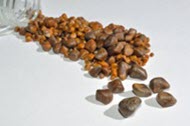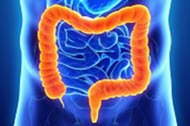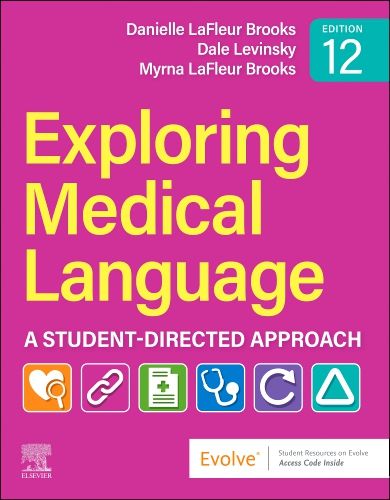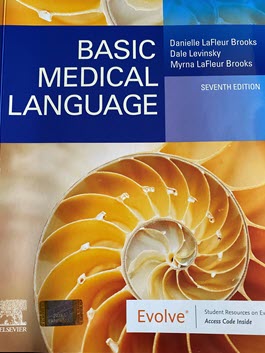COVID-19 Tests
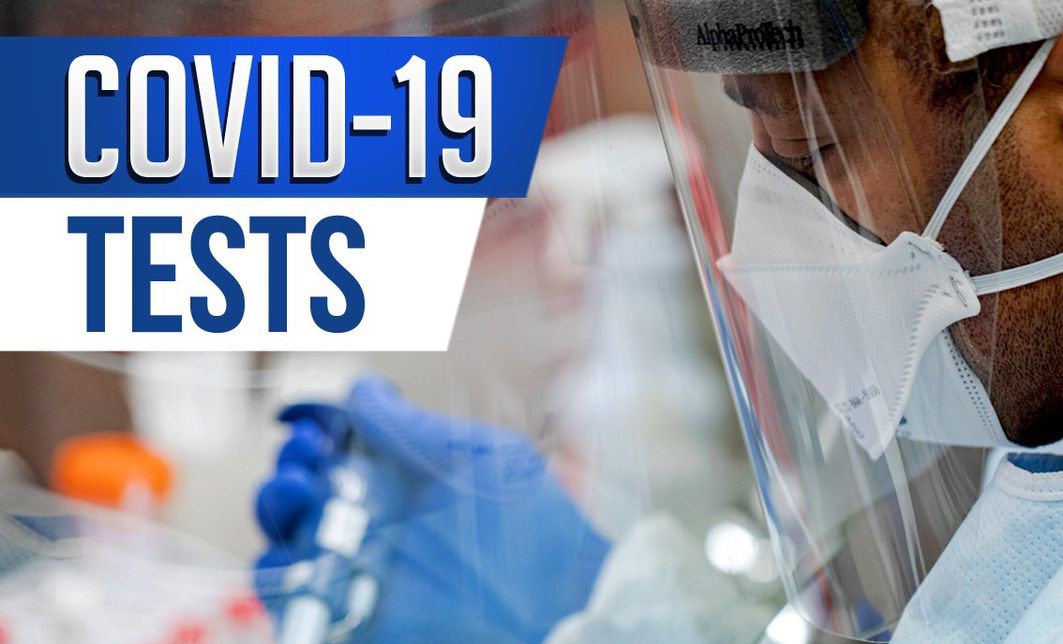 Although we have been dealing with COVID-19 testing since early spring, the tests still seem confusing and complicated.
Although we have been dealing with COVID-19 testing since early spring, the tests still seem confusing and complicated.
We have heard them referred to as the good test, quick test, nose/throat test, spit test, and more.
So, what are the proper names of the tests, and why and how are they performed? Let’s take a look.
Refer to the medical term definition and abbreviation list at the bottom of the post as needed.
Diagnostic Tests for COVID-19
Molecular and antigen are the two tests used to diagnose an active coronavirus infection.
Molecular Test
- commonly referred to as PCR test
- diagnoses active infection by detecting the virus’s genetic material
- a nasopharyngeal (NP) swab is preferred to collect the specimen
- test results can take one to two days since laboratory analysis is required
- most tests being done in the United States right now fall into this category
- also known as viral test, NAAT, RT-PCR test, LAMP

Antigen Test
- commonly referred to as rapid test
- diagnoses active infection by detecting specific proteins on the surface of the virus
- a nasopharyngeal or nasal swab is used to collect a specimen
- test results can take minutes to hours because they do not need to be analyzed at a laboratory
- better for screening populations than diagnosing individuals.; tests are faster, cheaper, and less accurate than molecular tests
- also known as rapid diagnostic test (RDT), rapid antigen test
Test to Detect Antibodies
Antibody Test
- detects specific antibodies which are special proteins your immune system produces to fight the virus in your blood
- shows if you have been infected by a coronavirus in the past
- specimen finger stick or blood draw
- test results are available the same day in many locations or 1-3 days in other locations
- useful for screening populations, not individuals; used to help tract the pandemic
- also known as serological test, serology blood test
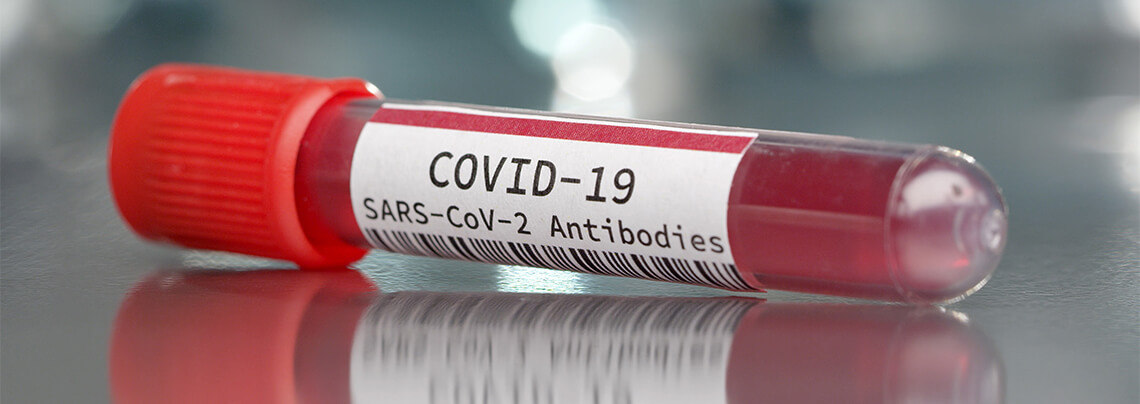
Definition of Medical Terms
Coronavirus: another name of COVID-19; they are used interchangeably in this post
Molecular: adjective for molecule which means “extremely minute particle,” from the Latin molecula, “tiny mass”
Antigen: a toxin or other foreign substance which induces an immune response in the body, especially the production of antibodies
Antibody: a blood protein produced in response to and counteracting a specific antigen
Serology: diagnostic examination of blood, with regard to the response of the immune system to pathogens
Nasopharyngeal: pertaining to the nose and throat
Viral: pertaining to virus
Abbreviations
PCR: polymerase chain reaction
NAAT: nucleic acid amplification test
RT-PCR: reverse transcription-polymerase chain reaction
LOOP: loop-mediated isothermal amplification
NP: nasopharyngeal
I hope this information is helpful as you navigate your way through the COVID-19 pandemic. May you stay safe and well.
Other Blog Posts for COVID-19
Coronavirus, COVID-19, & SARS-CoV-2
Coronavirus Medical Vocabulary Quiz
References
https://www.fda.gov/consumers/consumer-updates/coronavirus-testing-basics
https://www.cdc.gov/coronavirus/2019-ncov/symptoms-testing/testing.html
https://chrome.google.com/webstore/detail/google-dictionary-by-goog/mgijmajocgfcbeboacabfgobmjgjcoja?hl=en

